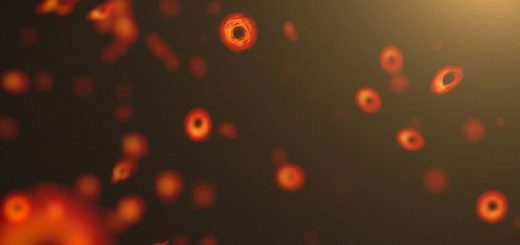Could lacing food with fat-trapping microbeads help us lose weight?
Edible microbeads made of vitamin E and seaweed helped rats lose weight by absorbing excess fat in their guts
By Grace Wade
21 August 2025
Edible microbeads could absorb fat in the gut
Vacharapong Wongsalab/Getty Images
Feeding rats edible microbeads designed to absorb fat helps them lose weight. One day the beads could be used in human foods and drinks to prevent or treat obesity in people.
Read more
Why you may have a stealth liver disease and what to do about it
Despite decades of efforts to combat obesity, rates of the condition have only continued to climb worldwide. While new, highly effective weight-loss drugs like Wegovy and Zepbound have hit the market, their hefty price tag and numerous side effects mean other weight-loss interventions are still needed.
To that end, Yue Wu at Sichuan University in China and her colleagues developed edible microbeads that trap fat before it is absorbed by the body. They created the beads from vitamin E and compounds found in green tea, and coated them with alginate, a type of seaweed fibre. All of these components are food-grade ingredients approved by the US Food and Drug Administration (FDA).
Once ingested into the stomach, the protective alginate layer expands, allowing partially-digested fats in the gut to enter the beads’ interior, where they bind to the compounds within. The beads – along with the trapped fat – are then excreted during bowel movements.
The team tested the beads in eight rats fed a diet of 60 per cent fat. After 30 days, the rats lost about 17 per cent of their body weight, on average. In comparison, a separate group of eight rats fed the same high-fat diet without the beads didn’t lose weight, and neither did another bead-free group kept on a diet of 10 per cent fat. Those treated with the microbeads also had less fat tissue and liver damage than the other rats.


